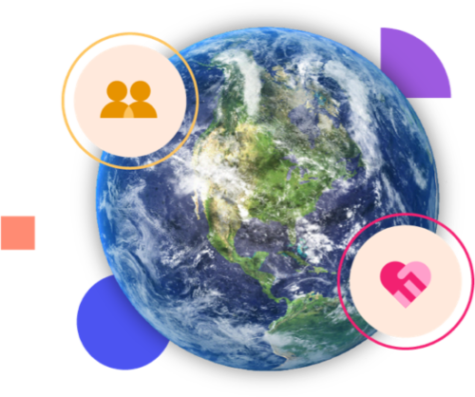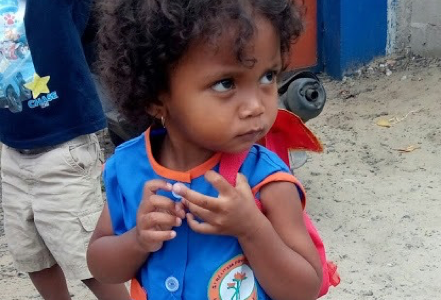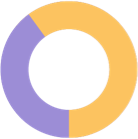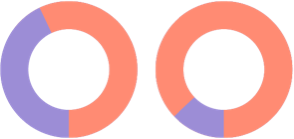Spiff Up
At Spiff we like to give back to the communities and people around us. That’s why we created Spiff Up.
What is Spiff Up?
Spiff Up is Spiff’s Corporate Social Responsibility (CSR) arm. Our Definition of Victory for this program is two-fold:
- Giving forward becomes part of our corporate culture
- To establish a vehicle to drive meaningful impact as an organization

Spiff Up Global Initiatives
Education Savings Match Program
In partnership with Maak Impact, Spiff Up was able to mitigate some of the financial damage of Covid-19 on families in Madagascar.
During the height of Covid-19 many Tuktuk drivers were unable to earn a living. As a result, they struggled to provide for their families.
Spiff Up sponsored an internal matching campaign. With an 80% participation rate from team members, we were able to cover the cost of school supplies and fees for 71 children for the entire year.

Cameleon Foundation Partnership
In January 2022, during Spiff’s CKO, team members assembled hundreds of hygiene kits to send to the Cameleon Foundation.
Spiff Up also made cash donations to the foundation to provide survivors with food, shelter, clothing, and legal support.
Cameleon’s mission is to eradicate sexual violence against children and teenagers and has children’s shelters and programs in the Philippines and France. Since its founding, they’ve helped more than 2,800 children and families.

Ukraine Relief Efforts & Financial Aid
In partnership with the Utah Community Foundation and the Larry and Gail H. Miller Foundation, Spiff Up worked to provide immediate short-term relief to refugees fleeing Ukraine for safety. With the combined efforts of all partners we were able to provide $2 million in financial aid in 2022.

The Spiff Up Story
Spiff Up was officially established in November 2018. Spiff as a company was in its infancy. Despite limited resources and revenue, we have believed in the importance of establishing a culture of giving and social responsibility from day one.
Our initial vision was to form a 503(c) Non-Profit, but the cost and overhead to run a non-profit organization in-house are prohibitive and can be expensive over time. Through our research, we discovered that opening a Donor Addressed Fund (DAF) is the most effective and efficient way to start a CSR program— and, for these reasons commonly seen in the business technology space.
The Spiff Up Toolkit
Here are the primary levers we use to make a difference through our Spiff Up program. Stay tuned, we’ve additional plans that will open and expand the Spiff Up Program.
The Spiff Up Impact on Company Culture
The Pledge 1% Global Community
Spiff is a proud member of the Pledge 1% Global Community— a network of like-minded companies and organizations that believes in social responsibility and impact.


